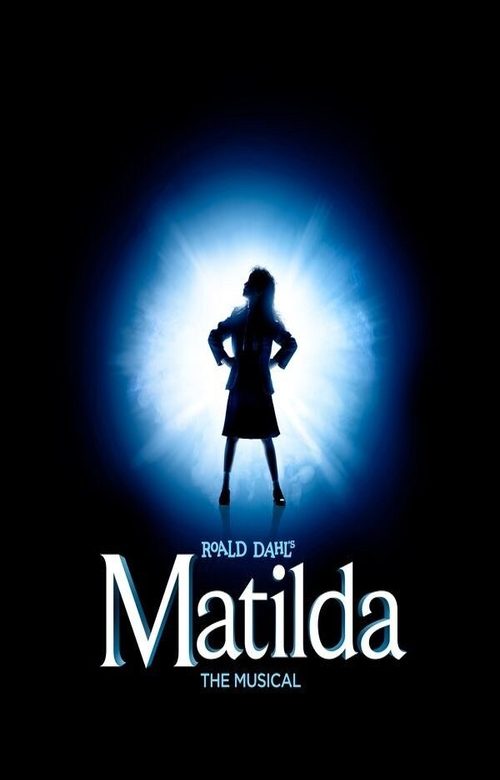

“The most common thing in life is life and yet every single life, every new life, is a miracle.” And while the movie pokes a bit of fun at how parents tend to express just how special their newborn is compared to all the others, the endearing truth is that each life is a miracle. “Every life is unbelievably unlikely, their chances of existence almost infinitely small,” a doctor sings. Roald Dahl’s story expresses the biblical value of children and life (Psalm 127:3, 139:13), and the musical adaptation follows suit. They’re revolting.īut just how much can a child be called revolting before she decides to revolt? No, to her, children are simply maggots (it’s the school motto), and they need to be squished in order to grow them into respectable adults. She’d rather call out injustice than slink by unnoticed.īut none of that matters to Agatha. She’s got a well-honed sense of justice, and her countless years spent reading books have given her Will Hunting-esque smarts. In fact, the girl’s father has to pay a fine because they forgot to enroll her in school! Now, Matilda feels like one burden too many to them, so her father calls up the cruel Agatha Trunchbull, Headmistress of Crunchem Hall, and tells her just what a “nasty little, troublemaking goblin” his daughter is.īut the truth is that Matilda is only a troublemaker for real troublemakers. Taking care of a child is just too much work for their taste.


Matilda’s parents don’t like her one bit. “My mummy says I’m a lousy little worm,” she laments. One look at my face, and it’s plain to see,” sing the children of the United Kingdom.


 0 kommentar(er)
0 kommentar(er)
